ScalaCube vs Shockbyte: Which Minecraft server host is better?
Both are fast, budget-friendly, and easy to use, but which one is better?
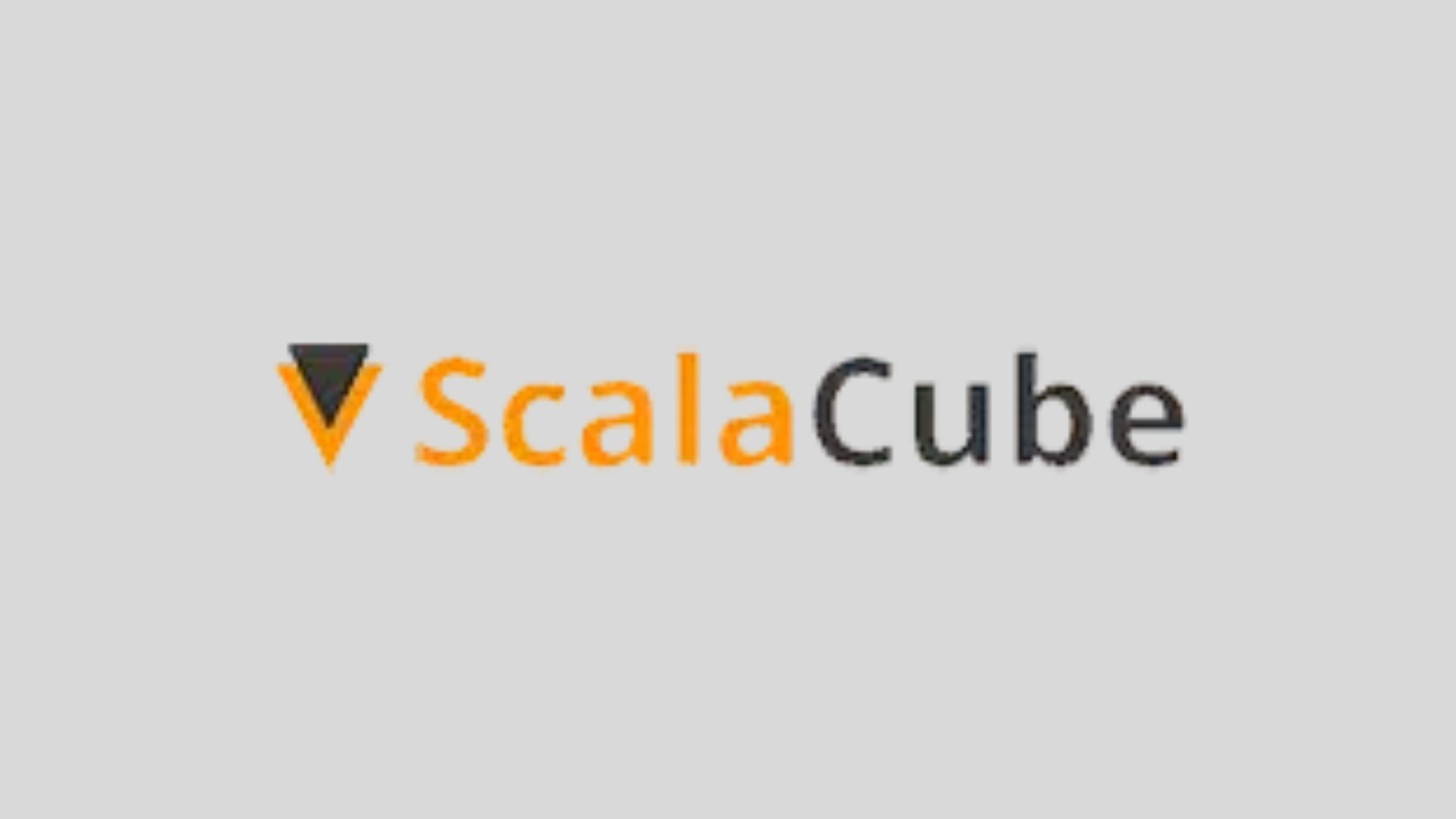
Although ScalaCube has only been around since 2019, it’s built a good name for itself. The company is headquartered in Vesivarava (Estonia) and is passionate about gaming, centering its services on designing game servers with a soft spot for Minecraft.
Pros
- Free-forever plan presents a great way to enter the space
- Free website and forum with all premium plans
- Unlimited servers with all premium plans
Cons
- Can get very expensive
- The free plan is limited to a single player
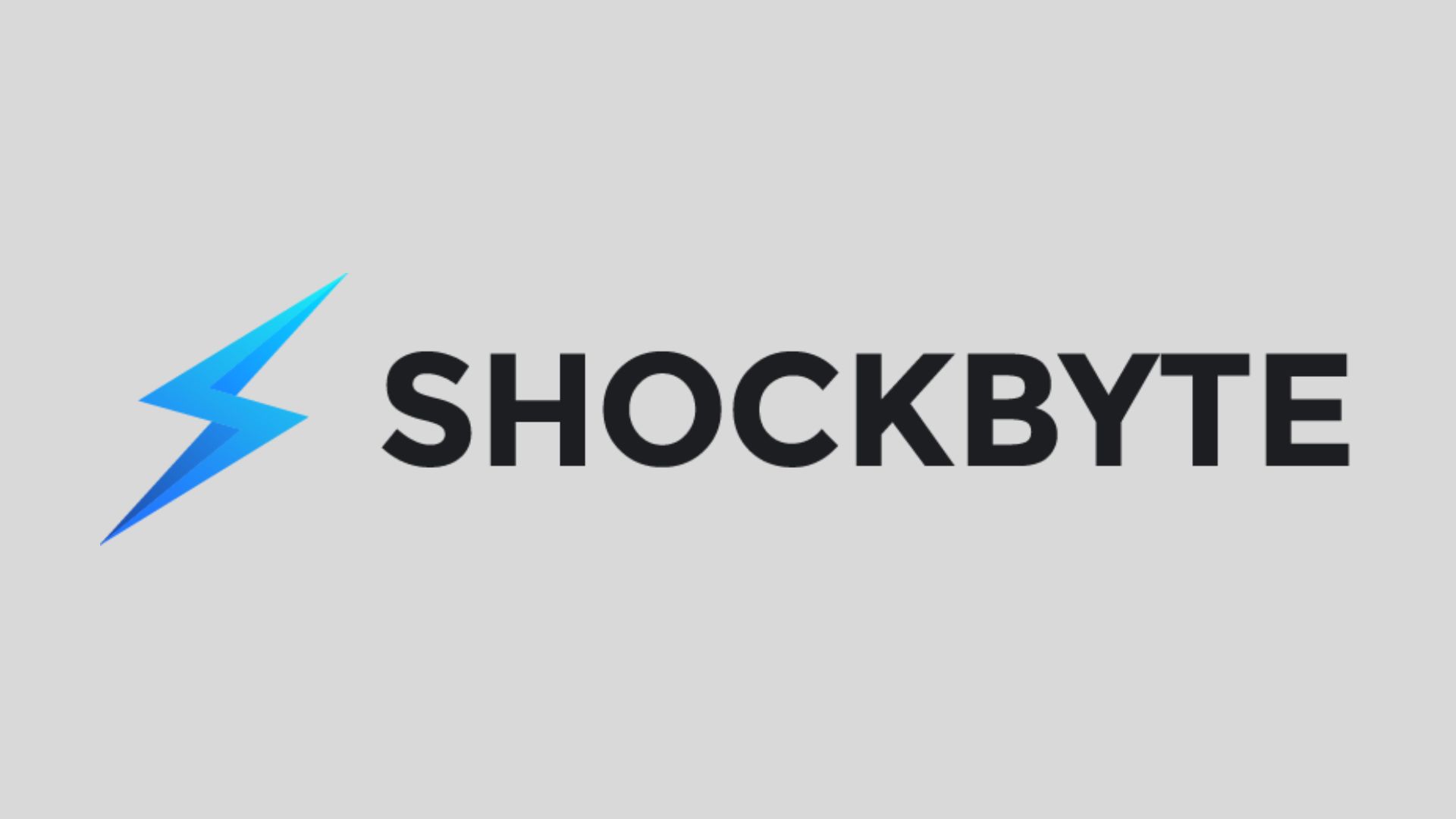
Shockbyte has been around since 2013 and supplied gamers with affordable and simple-to-set-up servers for Minecraft but also for other games such as Rust, ARK: Survival Evolved, Conan Exiles, and the list goes on.
Pros
- 100% uptime guarantee
- Customer support is available at all times
- Easy-to-use control panel
- Unlimited disk space with all packages
- Very budget-friendly options
Cons
- A bit stingy 24-hour money-back guarantee
- Customer support could use some improvement
To enjoy a seamless, secure, and superior Minecraft gaming experience, you’ll want to utilize one of the top server hosting services specialized in the game of your choice. However, it’s easier said than done.
With so many Minecraft server hosting options on the market, varying in terms of cost and quality, finding the right one may be trickier than one might expect. To help you out, we’ve created this back-to-back comparative guide and broken down pricing, features, performance, security, and support of two main players among Minecraft server hosting providers - ScalaCube and Shockbyte.
ScalaCube's services are highly scalable and include dedicated and virtual private servers (VPS), but also a fine free-forever server that you can use to try out the platform. As for server locations, gamers get to choose between the USA, the UK, Europe, Asia, and Australia.
Shockbyte offers server locations across Europe, North America, and Singapore. While there isn’t a free edition, the paid plans are as pocket-friendly as they get.
- Here's a list of the best Minecraft server hosting providers out there
ScalaCube vs Shockbyte: Main similarities and differences
While ScalaCube and Shockbyte share the same purpose and support server hosting for some of the same games, they slightly differ in terms of pricing, product range, hosting type, server locations, and of course freebies.
Both providers will offer you rock-solid security, presentable performance, and the ability to apply multiple modpacks for a customizable action-packed adventure. Also, both of our contenders have capable (although somewhat sluggish) customer support to back you up if something goes wrong - however, the availability of support is somewhat different.
Also, in terms of hosting types, ScalaCube is pretty popular for its VPS packages, while Shockbyte offers dedicated server hosting.
Sign up to the TechRadar Pro newsletter to get all the top news, opinion, features and guidance your business needs to succeed!
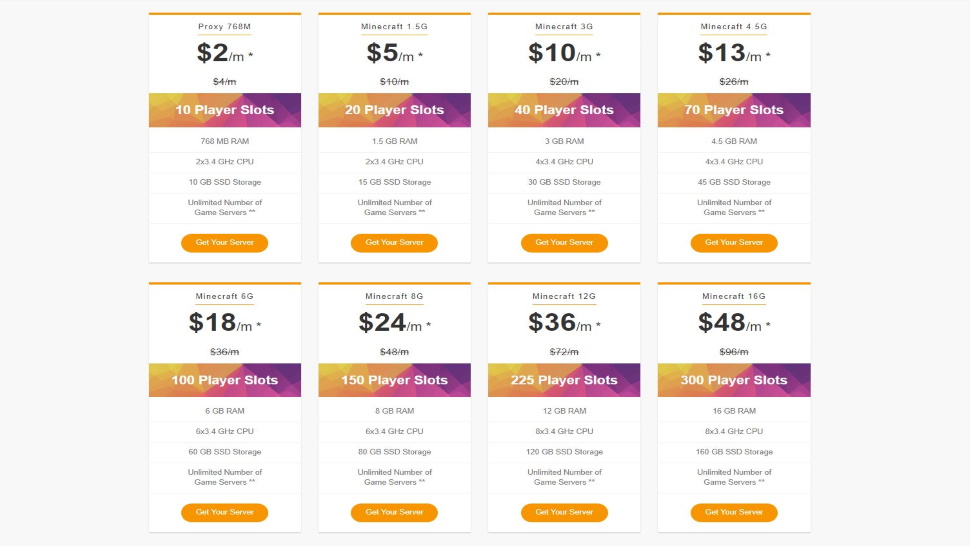
Pricing compared
ScalaCube offers a free-forever plan for 24/7 Minecraft server hosting and it includes all Minecraft versions, DDoS protection, server monitoring service, 3GB of RAM, 30GB of SSD storage, and support for a single server. However, Minecraft isn’t the only game with a freemium edition - you can also get to use a free server for ARK: Survival Evolved, Rust, Hytale, Velheim, and Project Zomboid.
If you want a bit more of everything, you can choose between multiple plans - it’s nine plans for Minecraft servers and the price starts at $4 and ends at $192 per month. However, you’ll get 50% off the total cost for the first month.
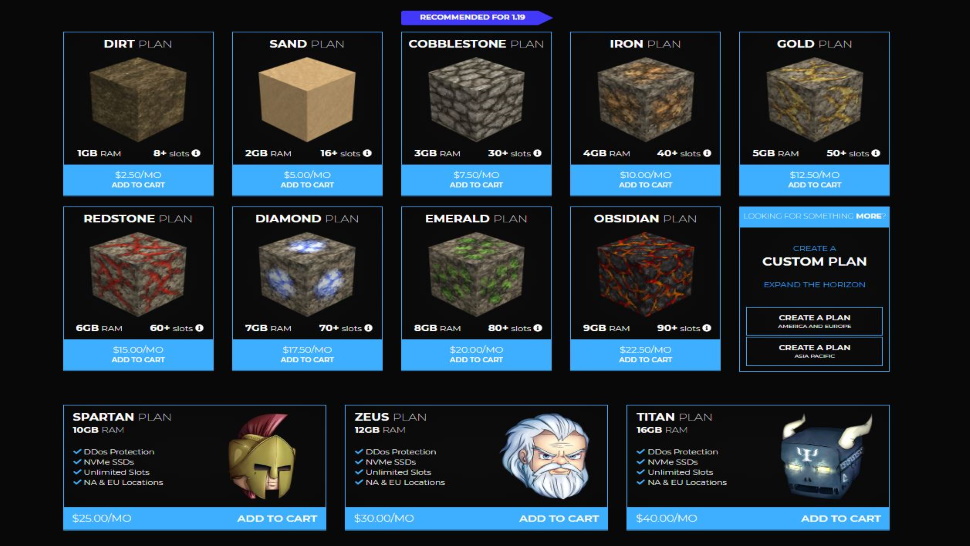
As an add-on, you can also purchase automated backups and a Minecraft launcher for a one-time fee.
In contrast, Shockbyte doesn’t provide a free edition but does offer a wide variety of plans for over 25 game servers - much more than ScalaCube. The Minecraft server hosting plans start at $2.50 per month and end at a premium edition that’ll cost you $40 per month. Plus, you have the option to create a custom plan and you can choose between three server locations: America, Europe, and Asia-Pacific region.
So, while ScalaCube provides a forever-free plan, the variety of plans Shockbyte offers can’t be surpassed. Plus, all its plans and features are presented in a more creative yet simple-to-understand way.
While ScalaCube provides a 7-day money-back guarantee, with Shockbyte the money-back guarantee lasts for 72 hours only.
The accepted payment methods with both providers include major credit/debit cards and PayPal, but Shockbyte goes a step further and adds bank transfers and Paymentwall to the list.
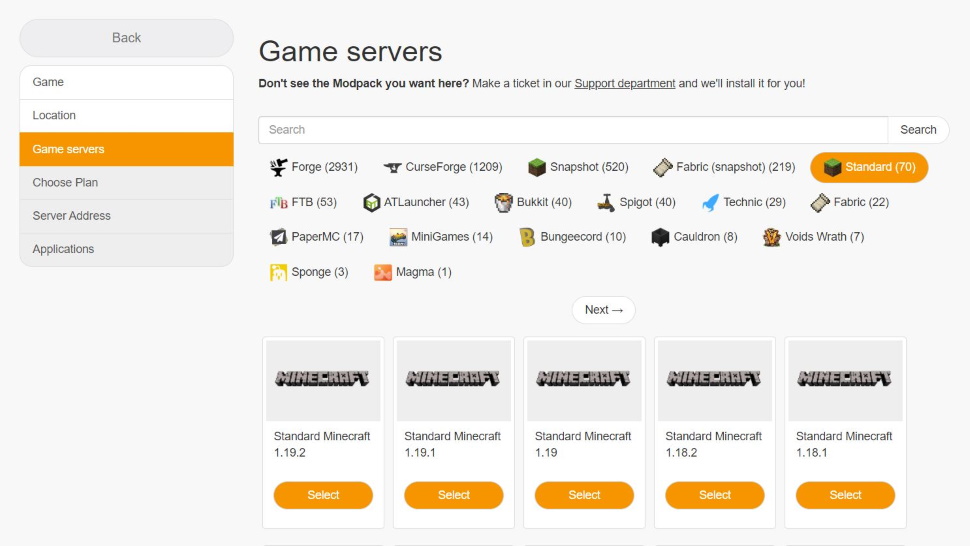
Features
Since ScalaCube puts its focus on Minecraft hosting, most of its premium features are somewhat related to it. However, all Minecraft-focused plans include unlimited player slots and support for multiple servers, DDoS protection, plugin/mod/modpack support, custom JAR, and full file access, but also a free domain name and a free MySQL database.
Also, all premium plans include a pre-built site with a forum - and it’ll be up and ready for use in no time. This will help you keep an eye on everything on your server from the number of players to its overall performance. What’s best, it’s customizable so you can add your content if you wish.
Another one of ScalaCube's strengths is its intuitive, user-friendly interface (UI) that will help you manage and monitor every aspect of your server without a sweat.
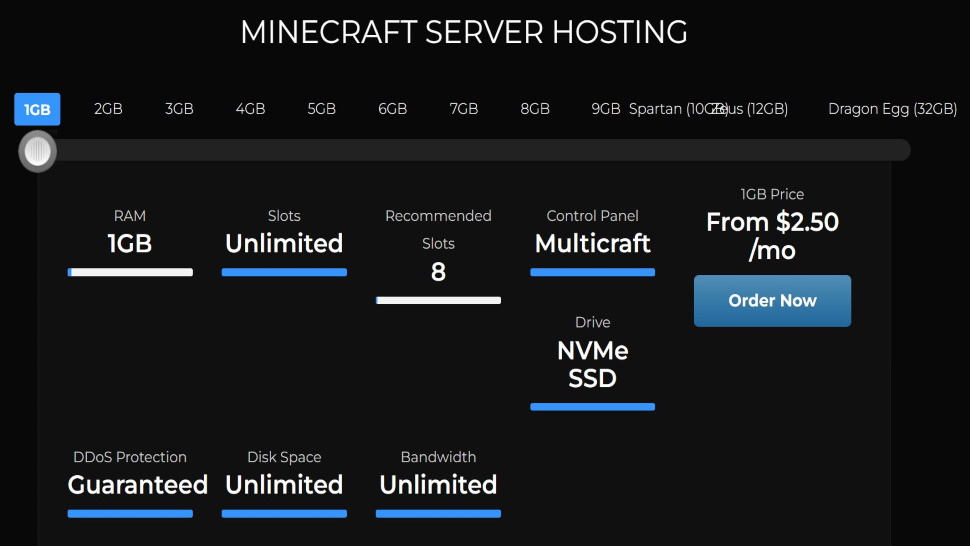
Like with its competitor, with Shockbyte you’ll also get a free subdomain and a hassle-free setup backed by an automated wizard, 100% protection from DDoS attacks, free MySQL databases, unlimited slots, full FTP access, snapshot support, automatic backups, and much more.
While all plans include unlimited SSD storage space, with premium plans (“Spartan”, “Zeus”, and “Titan”) you’ll get lightning-fast NVMe SSDs.
Shockbyte also offers a clear, color-coded console that will make your job as seamless as it can get - it looks and feels more up-to-date than ScalaCube’s UI.
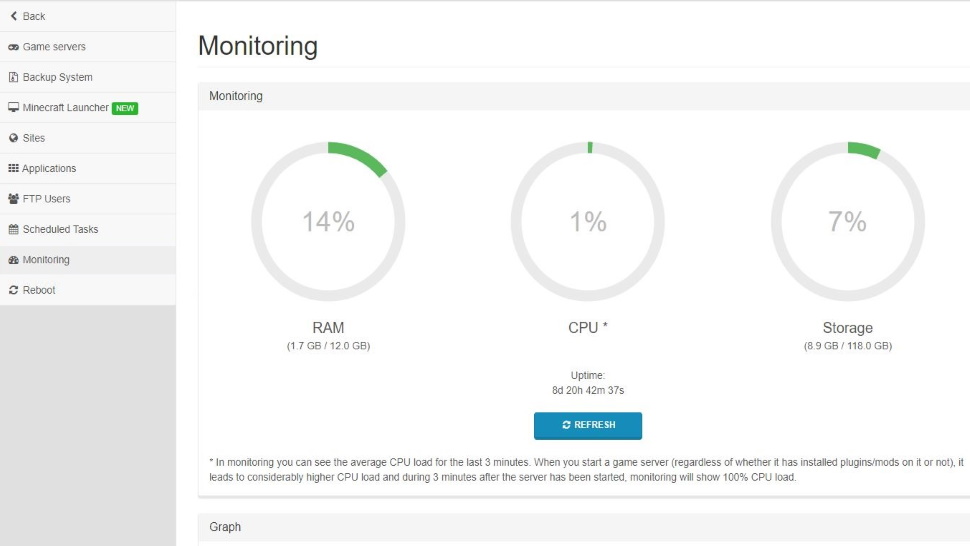
Modpack installation
Both ScalaCube and Shockbyte will get you one-click installations for over a thousand unique modpacks such as Voids Wrath, Feed The Beast, and CurseForge. This means that any of them can be up and running in a matter of seconds. The same is true for plugins, which can be installed via the fitting feature in the dashboard or uploaded manually via FTP.
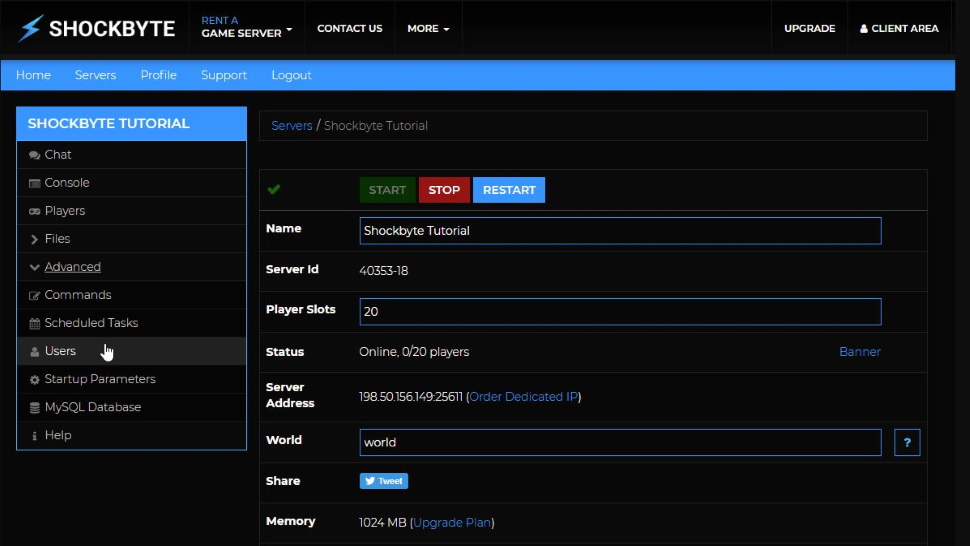
If you’re not a fan of any of these modpacks, you can create and upload your own custom-made modpack. Since both of our contenders offer simple-to-follow guides and user-friendly dashboards, this should be a piece of cake.
All in all, the modpack support is virtually the same, and modpack installations went smoothly with ScalaCube and Shockbyte alike, so we can’t choose one above the other.
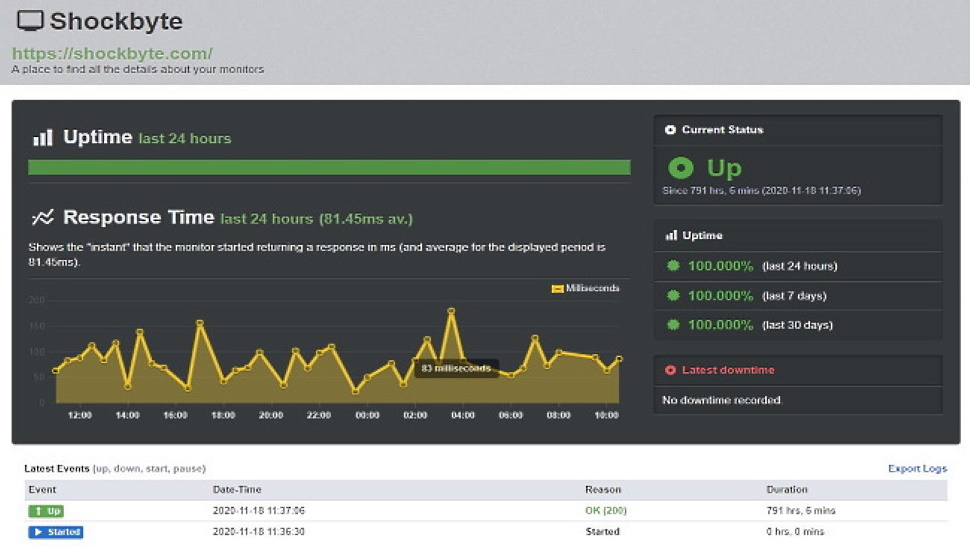
Uptime & speed
ScalaCube doesn’t offer an uptime guarantee, which suggests you shouldn’t expect much more than an industry-average uptime of 99.9%. In contrast, Shockbyte guarantees 100% network availability to all its application services covered by SLA.
While this doesn’t mean your server will be running day and night without any downtime, you’ll be compensated for every five minutes of downtime your server suffers.
To test this out, we’ve monitored the main sites of both contenders for a month and couldn’t find any trace of downtime, which looks pretty promising.
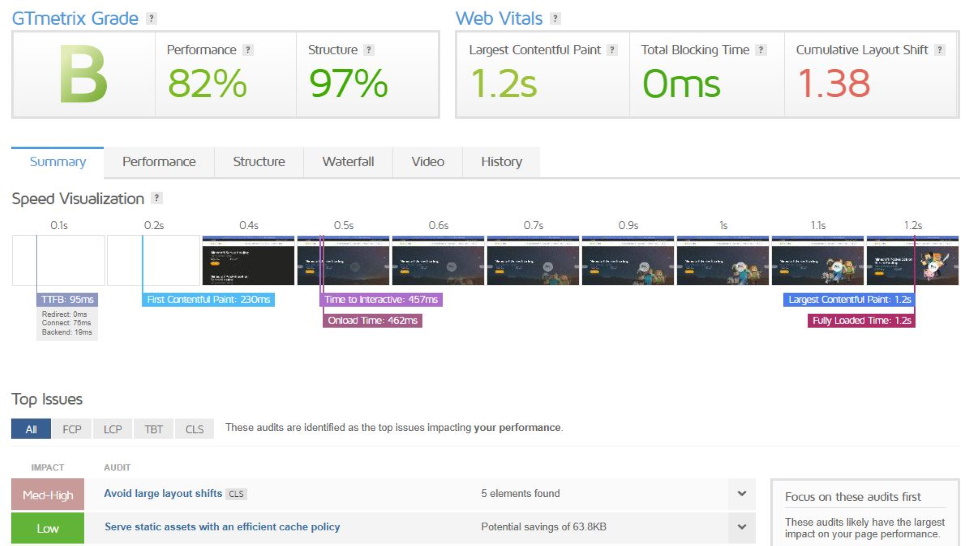
As for speed, Shockbyte takes the lead and leaves ScalaCube behind. This doesn’t come as a surprise since Shockbyte utilizes NVMe SSDs which should be about six times faster than standard SSDs which are used by ScalaCube.
After testing their speed with GTmetrix (our trusted tool), Shockbyte got an A while ScalaCube has to settle for a grade B for overall speed performance.
Security
While both ScalaCube and Shockbyte protect against DDoS attacks, Shockbyte stands out as it backs this promise of protection with an SLA-supported guarantee. Also, since Shockbyte provides its user with a 100% uptime guarantee, it seems like the more trustworthy of the two contenders.
However, no major security incidents were reported with either of the hosting providers.
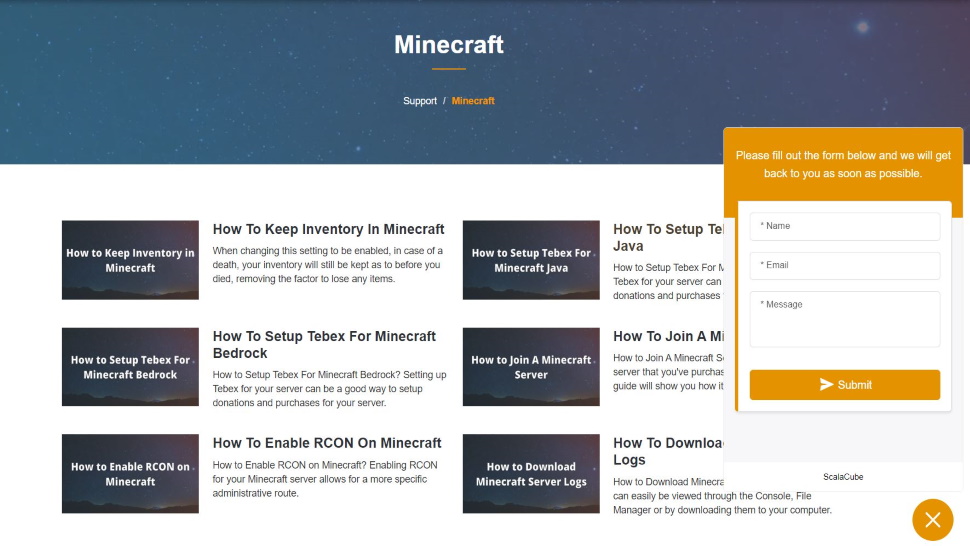
Customer support
Both contenders offer solid self-support options including a whole variety of step-by-step guides on all important issues composed into a knowledgebase. However, we found Shockbyte’s knowledgebase to be better organized and easier to use - it offers a search box option in addition to categories.
Also, both with ScalaCube and Shockbyte you have the option to submit a support ticket, but with ScalaCube you won’t get a repose unless you do it from your main dashboard. Plus, ScalaCube’s support team is available during working hours only - Monday to Friday, 9 AM to 5 PM - so, don't get in trouble on weekends.
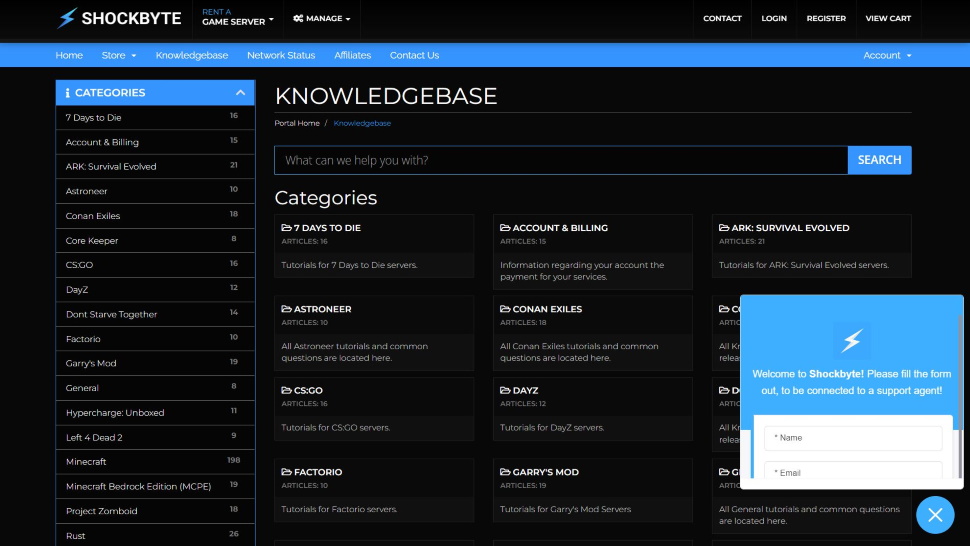
In contrast, Shockbyte’s technical team will be there to lend you a helping hand round-the-clock - so, 24/7. What’s more, Shockbyte also offers support via live chat, but beware, the team isn’t famous for being particularly fast.
All in all, Shockbyte offers more customer support channels and is available more often - hence, it wins this round.
Final verdict
In the end, while ScalaCube is still a superb option for those on a tight budget, Shockbyte does everything a bit better than its competitor. It places a full range of features into its packages, offers round-the-clock customer support, and has a plan to suit every pocket. It’s robust, reliable, and a safe choice for everyone looking for a Minecraft server hosting solution.
- Check out our list of the best web hosting services out there
Mirza Bahic is a freelance tech journalist and blogger from Sarajevo, Bosnia and Herzegovina. For the past four years, Mirza has been ghostwriting for a number of tech start-ups from various industries, including cloud, retail and B2B technology.